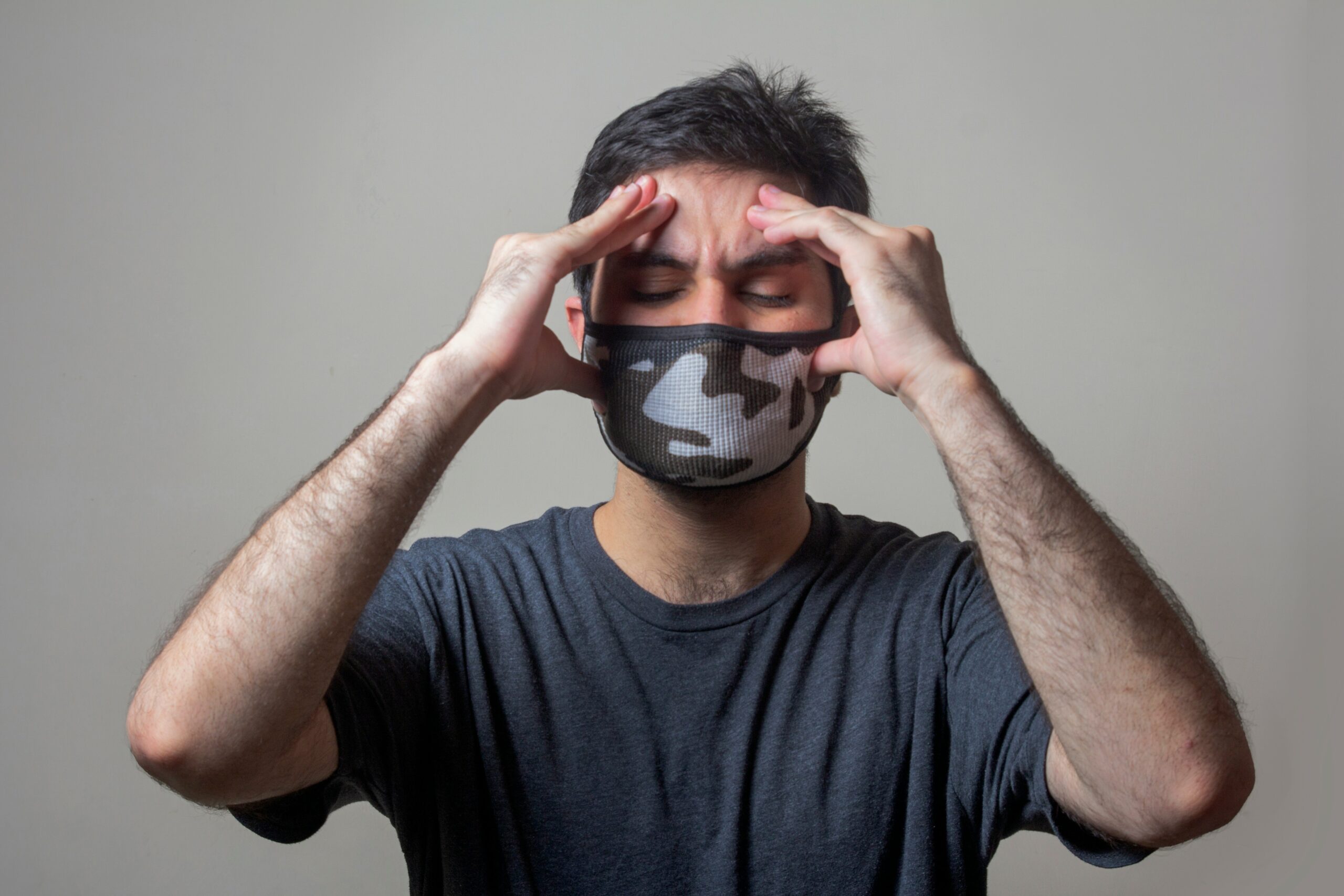Can Stress Cause Neck Pain? How to Manage Neck Pain from Stress

Introduction
Neck pain is a common ailment that many people experience at some point in their lives. While there can be various causes for neck pain, one often overlooked factor is stress. Yes, stress can indeed cause neck pain, and it’s important to understand how to manage it effectively. In this article, we will explore the relationship between stress and neck pain and provide some helpful tips on how to alleviate the discomfort.
The Link between Stress and Neck Pain
When we experience stress, our bodies respond by tensing up. This tension can manifest in different areas, and the neck is a common target. The muscles in the neck and upper back can become tight and strained, leading to pain and discomfort. Additionally, stress can also contribute to poor posture, which further exacerbates neck pain.
Managing Neck Pain from Stress
1. Physiotherapy
Physiotherapy is an effective treatment option for managing neck pain caused by stress. A qualified physiotherapist can assess your condition and develop a personalized treatment plan. They may use techniques such as manual therapy, exercises, and postural correction to help relieve muscle tension and improve mobility in the neck and upper back.
2. Massage Therapy
Massage therapy is another excellent option for alleviating neck pain caused by stress. Skilled massage therapists can target the specific muscles that are tense and provide relief through various techniques, such as deep tissue massage or trigger point therapy. Regular massage sessions can help reduce muscle tension, promote relaxation, and improve overall well-being.
3. Go for a Walk
Physical activity is a great way to reduce stress and relieve neck pain. Going for a walk, especially in nature, can help clear your mind and release built-up tension in your muscles. It also promotes blood circulation, which aids in the healing process. Make it a habit to take regular walks, even if they are short, to manage your stress levels and keep your neck pain at bay.
4. Sleep
Adequate sleep is crucial for our overall health and well-being. When we are stressed, our sleep patterns can be disrupted, leading to increased muscle tension and pain. Establishing a consistent sleep routine and creating a relaxing environment can help improve the quality of your sleep. Consider using a supportive pillow and mattress to ensure proper neck alignment and reduce the risk of waking up with neck pain.
5. Strengthening Exercises
Engaging in targeted exercises to strengthen the neck and upper back muscles can provide significant relief from stress-related neck pain. Consult with a qualified fitness professional or physiotherapist to learn exercises that are safe and suitable for your specific condition. Regularly incorporating these exercises into your routine can help improve posture, reduce muscle tension, and prevent future episodes of neck pain.
6. Stretching
Stretching exercises can help alleviate muscle tightness and improve flexibility in the neck and upper back. Incorporate gentle neck stretches into your daily routine to relieve tension and promote relaxation. Remember to perform stretches slowly and gradually, without forcing any movements that cause pain. If you are unsure about the appropriate stretching techniques, seek guidance from a physiotherapist or qualified fitness professional.
7. Heat
Applying heat to the affected area can provide temporary relief from neck pain caused by stress. You can use a heating pad, warm towel, or take a warm shower to relax the muscles and reduce tension. However, avoid using heat for extended periods or applying it directly to the skin to prevent burns. If your neck pain persists or worsens, consult with a healthcare professional.
8. See a Physiotherapist
If your neck pain from stress persists or becomes chronic, it is advisable to seek professional help from a physiotherapist. They can assess your condition, identify any underlying causes, and provide targeted treatment to address your specific needs. A physiotherapist will guide you through the recovery process and help you regain optimal neck function.
Conclusion
Stress can indeed cause neck pain, but by implementing the strategies mentioned above, you can effectively manage and alleviate the discomfort. Remember to seek professional advice if your neck pain persists or worsens. By taking proactive steps to manage stress and prioritize self-care, you can keep your neck pain at bay and enjoy a healthier, more relaxed life.








